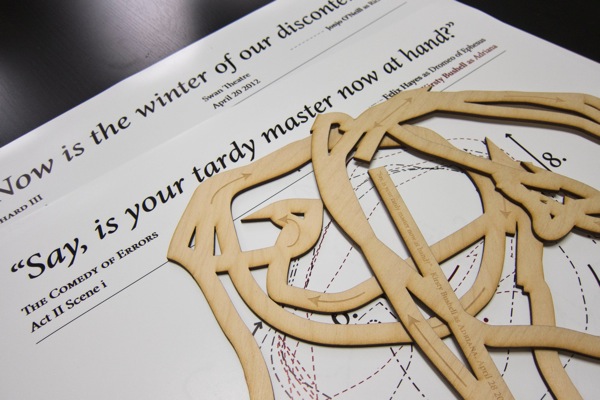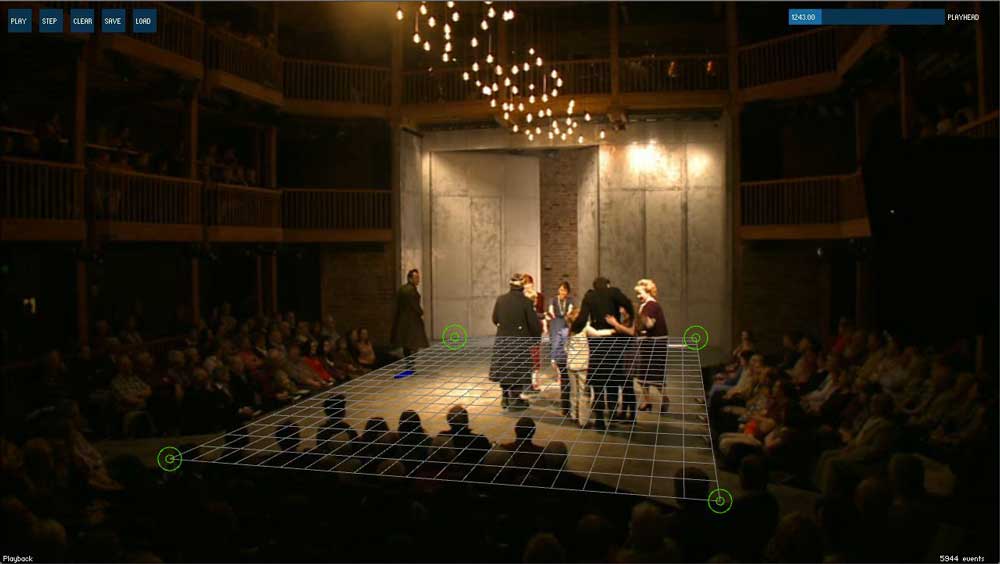Posts tagged as data
MySociety Data Breakfast: Designing Data-Driven Products
10 December 2014I’m giving a talk at this week’s MySociety ‘Data Breakfast’:
Products, tools, and visualisations built on top of data aren’t just thrown together arbitrarily. They take a degree of thought and process to assemble.
This Data Breakfast will examine that process, looking at the forms data can be represented in, and the ways to explore and understand those forms, based on experience gained from real-world examples.
We’ll look at everything from data rendered as physical objects through to a data-gathering tool developed for journalists, and consider how best to build data-driven products.
The talk is called Spreadsheets and Weathervanes. It’s a free event, but there’s limited space, so you’ll need to sign up at Eventbrite. Perhaps see some of you there.
-
I’ll be giving a short lunchtime lecture at the Open Data Institute on Friday October 4th, 2013.
It’s a talk I’ve given a few times, but never in public, called Spreadsheets and Weathervanes. It’s a short talk about the process of designing and making products and tools. What are the forms that data can be materialized in, and how do you go about working with data as a material?
(Or, put more simply: it’s about the various types of data-visualisation I’ve worked on over the years and some lessons learned in that time).
Tickets are free; you’ll need to sign up at Eventbrite.
New Work: Spirits Melted Into Air
22 November 2012I’m excited to be able to share Spirits Melted Into Air with you: a two-week exploration I produced with the Royal Shakespeare Company, as part of their myShakespeare project.
The work is in parts a technology prototype, data visualisation, and artwork. Custom-built, open-source software is used to analyse performance video and generate plots of actors’ positions on stage from a perspective viewpoint. These plots are then used to generate new, secondary artworks: posters, and laser-cut wooden shapes.

The project emerged from an initial workshop and commission by Caper, where we explored various potential ways for technologists to collaborate with the RSC on short projects. From there, I dealt with the RSC direct, meeting key members of their team and understanding a bit more about the various factors influencing performances and productions there.
It was great to be able to take such a fluid, interpretative approach to the work. With hindsight, this was unsurprising: the RSC’s business is interpretation – taking Shakespeare and producing entirely new productions each year, of plays they have often performed countless times. My work was similarly interpretative: initially, building software to explore the data, and then exploring that data as a material – before moving onto the further material exploration of output formats. It’s the sort of structure to work that I’m fond of.

It was also great to have a brief to shape, and ultimately push myself: not just exploring a single technical idea, but seeing it through, end-to-end, to output and display. It was important to me that whatever came out of it – however prototype-y – was both beautiful and accessible. I think the output – especially the lasercuts – has stood up to that internal demand.
Thanks to Rachel and Kat at Caper for setting up the initial commission and the workshops; to Sarah and Ida, for producing the work from the RSC so superbly; and to everyone I met at the RSC who offered insight, ideas, and knowledge.
You can find out more at the Spirits Melted Into Air website.
And, if you’d like to know more about it, or indeed, to work with me on similar work – be it investigative, creative, or artistic – do get in touch.